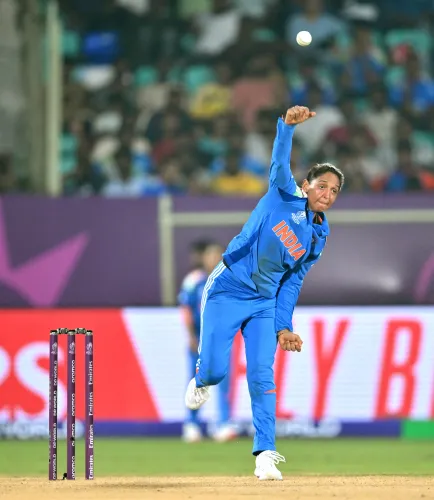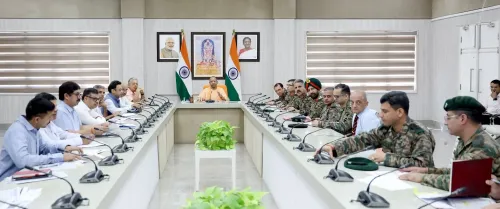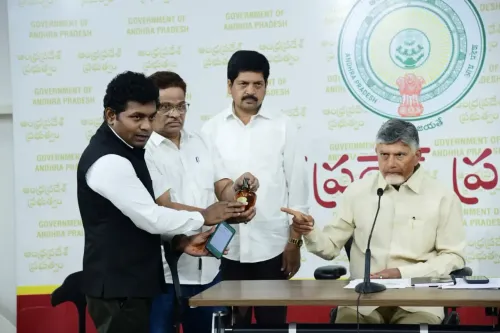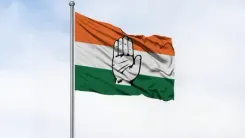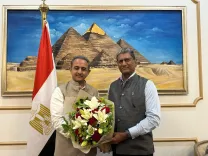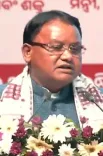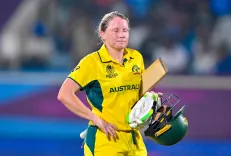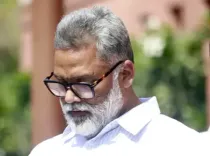Is the Kerala Muslim League Fueling Religious Polarization?
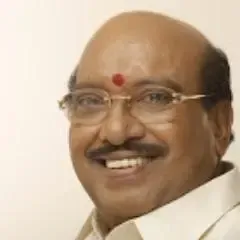
Synopsis
Key Takeaways
- Vellappally Natesan critiques the IUML's influence.
- Allegations of religious polarization in Kerala.
- SNDP's role as a representative of the Ezhava community.
- Concerns about communal harmony and political discrimination.
- Future implications for Kerala's political landscape.
Kochi, Oct 11 (NationPress) In a decisive political move, Vellappally Natesan, the General Secretary of Sree Narayana Dharma Paripalana (SNDP), delivered a fierce critique of the Indian Union Muslim League (IUML) on Saturday, charging it with promoting a religious agenda in Kerala.
The IUML stands as the second-largest ally of the Congress-led UDF, while the SNDP represents the influential Hindu Ezhava community, the largest community in the state.
The Hindu Nair community closely follows the Ezhava community in terms of population in Kerala.
During a public gathering, Vellappally contended that the Muslim League was aiming to “create a religious state” and asserted that dissenting voices against Muslim organizations were being suppressed.
“The Muslim League is a byproduct of India’s partition. Their ultimate goal is to form a religious state in Kerala,” he stated.
He claimed that the Muslim League obstructed the SNDP's attempts to establish an educational center in Malappuram.
The Muslim League and its affiliates have targeted Vellappally.
Shifting his focus to Congress, Vellappally remarked that the party had lost its significance and “could not surpass the Lakshman Rekha set by the Muslim League.”
He noted that the unchecked influence of Muslim organizations indicates a wider effort to mold Kerala’s political landscape along religious lines.
Additionally, he accused the Ezhava community of enduring political marginalization.
“Anyone from the Ezhava community who rises is prevented from progressing. Look at the comments directed at V.S. Achuthanandan, K.R. Gouri Amma, and Pinarayi Vijayan. Achuthanandan faced insults based on caste. No one questions Ministers from other communities,” he remarked.
Vellappally also questioned the calls for the resignation of Kerala Devaswom Minister V.N. Vasavan and Chief Minister Vijayan, while similar demands were not made for State Transport Minister K.B. Ganesh Kumar.
He concluded by stating, “There exists a mentality that obstructs Ezhavas from ascending. They do not want an Ezhava to lead here. Nevertheless, Pinarayi Vijayan is destined to return as Chief Minister,” he asserted.

